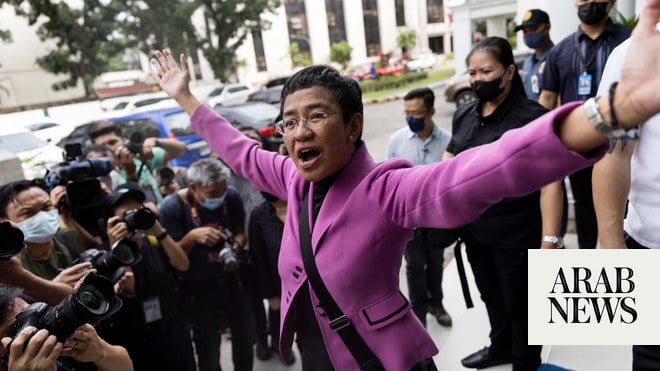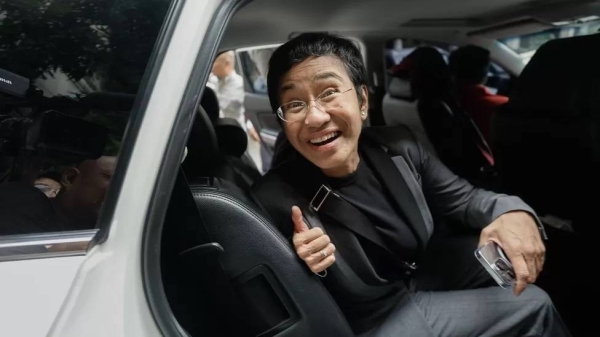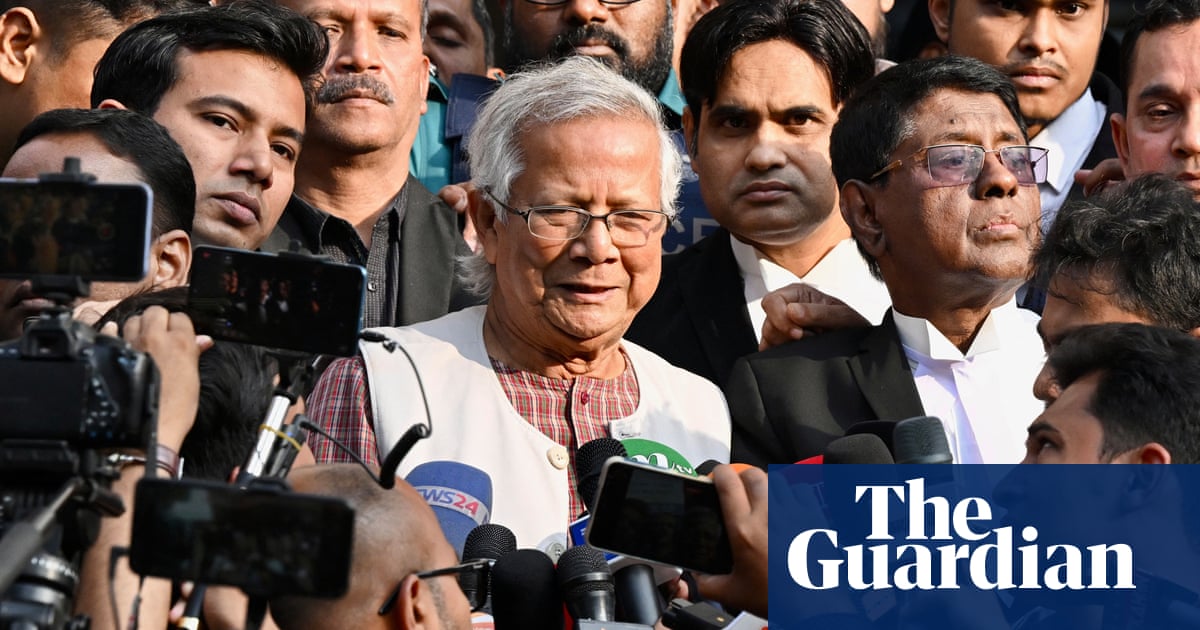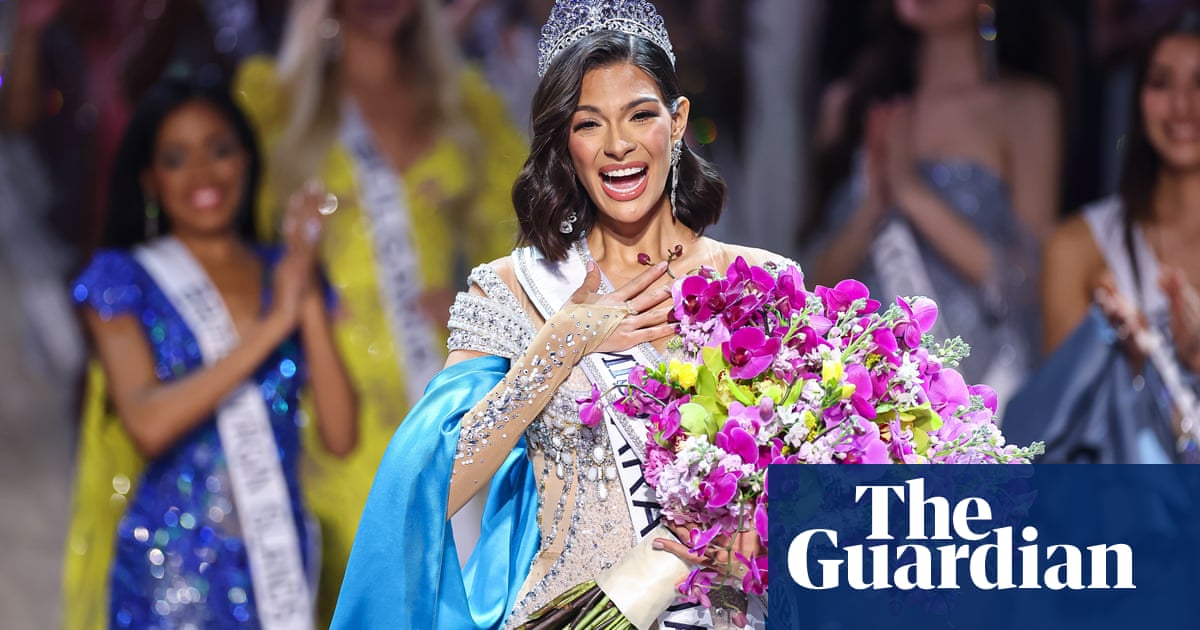
All eyes were turned to the Hague yesterday, where the International Court of Justice took a momentous decision in favor of the persecuted Rohingya population by ordering Myanmar to carry out emergency provisional measures for the protection of the minority group. This decision is in response to legal action taken by the Gambia in November 2019, where Myanmar’s armed forces stood accused of committing genocide against the Rohingya population of Rakhine state. The ICJ ruling amounts to a direct rejection of Nobel laureate Aung San Suu Kyi’s defense of her country against accusations of war crimes and human rights abuses in a widely publicized hearing last month.
For many of the 1.1 million Rohingya refugees currently living in camps in Bangladesh, her decision to personally defend the same military that kept her under house arrest for almost 15 years during her fight for democracy in Myanmar was nothing short of a betrayal.
“I used to be a supporter of her party once,” says Md Rokib, “but after I became a refugee in 2012, her silence on the issue shocked me. I never thought I would live to see the day where she actually defends the people who did this to us.”
In a makeshift hut created from bamboo and tarpaulin, 56-year-old Rokib folds his prayer mat while he speaks. A lone bulb swings above his head - the only source of light, since there are no windows. The back of the hut is separated with a plastic partition, where his wife cooks over a clay stove. The couple eat where they sleep, just wide enough for them to lie alongside each other on a mat.
“We didn’t always live like this,” says Rokib, looking visibly embarrassed while he wipes down a plastic chair with his shirt. “Back in my country, I had a shop in Maungdaw and some farming land. It is only 60km from here, but now, I see it only in my dreams.”
Rokib is currently a resident of Kutupalong - the world’s largest refugee camp and home to more than 630,000 Rohingya refugees.
The mainly Muslim Rohingya population are not considered to be one of the 135 recognized ethnic groups that live in Myanmar, and were officially stripped of their citizenship in 1982, making them the largest stateless community in the world. The decades of persecution the community has faced have been termed as genocide by the UN, especially after the 2017 military operations that killed around 6,700 Rohingya, and forced over 740,000 Rohingya to flee to refugee camps in neighboring Bangladesh.
It was the violence of 2017 that led to the Gambia taking legal action against Myanmar in the ICJ, especially the Tula Toli massacre, where guerrilla-style army operations in Rakhine killed scores and satellites images were captured of burning Rohingya villages.
“When the Tatmadaw (Myanmar Army) came to our village in August 2017, they were accompanied by Buddhist locals who wanted to evict us from the land,” says Nuruzzaman, who also lives in Kutupalong now.
A heavyset man in his 50s, he breaks into tears when he recollects that day.
“They killed my daughter’s husband and his entire family right in front of me. I got shot in the back; I fell down and started praying to Allah. Somehow I managed to lie still, and when I had the chance, I ran to the forest, where I found the rest of my family.”
It took them four days and four nights to make the journey from Rathedaung, one of the farthest townships in Rakhine. Over land, the distance to Kutupalong is almost 200 km, although using the river Naf can reduce it to around 104km.
Nasimuddin, 33, recounts how he became a refugee during that time.
“From the moment the army arrived, we knew they meant to take everything. They raped my wife and daughter. Their local Buddhist collaborators were carrying huge daos (scythes used in farming), and one of them sliced me with it. I was wounded, but somehow I survived. We ran for Bangladesh without looking back, with nothing but the clothes we were wearing.”
“We realized long before the world did that Muslims would not be allowed to live in Myanmar,” says Rokib, who is now affiliated with the Arakan Rohingya National Organisation (ARNO), a Rohingya political organization based in the UK.
“By the 90s, we were only allowed to get education up to the age of 16 and even that was difficult. It was impossible to get any jobs or positions of local authority. Over time, they stopped us from moving between townships, and we had to get special permission to marry.”
“They burnt thousands of Rohingya homes and destroyed our mosques, long before the conflict of 2017. Our people had started leaving Myanmar as early as 1978.”
After the ICJ hearing in December, a Myanmar government commission was set up to investigate the alleged human rights violations in Rakhine state. This Independent Commission of Enquiry (ICOE) report was widely criticized, especially for claiming that “there were no credible reports of rape” of Rohingya women and that all mentioned cases were “secondhand information heard from somewhere else.” This erasure of women’s experiences was a hard pill to swallow for Rohingya women in Bangladeshi refugee camps, many of whom have spoken out about the Myanmar military’s use of rape as a tool of war.
In the sweltering heat of Balukhali refugee camp, Jahanara chooses to speak from behind the safety of her heavy, black niqab.
“Before I could understand what was happening, my husband was lying dead at my feet, and the military dragged me indoors. I struggled the whole time they raped me, and when I finally ran away, they shot at me from behind. A bullet hit my waist, but I somehow made it to the forests and eventually found my way here.”
“I’ve met countless women at the camps who will tell you the same thing happened to them.”
While there is no clear data, rights organizations estimate the number of women raped by the army to run into thousands.
“When the Tatmadaw came to our village, I told my four-year-old daughter Amina to hide under the bed,” Noor Jahan recounts, “but no one else had the time to run away.”
“They killed my husband right in front of me. They dragged my father outside and shot him too. They took turns raping me - I don’t even know how many there were. I became unconscious and later woke up like that.”
Nearby, Amina plays with a piece of wood, silently looking up at her mother now and then.
“The child saw everything. She is six years old now, but she hardly ever talks.”
While the women have been able to escape a campaign of violence in Rakhine, they are still subject to precarious conditions in the camps, especially young girls. Safety is a huge concern, and the fear of sexual harassment while using toilets, especially after dark, is commonplace. Coupled with religious conservatism, this leads to a high rate of early marriages, especially for girls who have lost their “male guardians” in Myanmar, making them particularly vulnerable to childhood pregnancies and domestic violence.
This was the case for 17-year-old Sufara Begum, who recently left her husband and moved back in with her mother.
“My father died when I was little, and my mother was left with 12 children. In 2012, we all became refugees. The rations we got were not enough for everyone and when I was 14, my mother found me a husband who could provide for me. I got pregnant soon after.”
Her one-year-old son clings to his mother drowsily, his heavy breathing interrupted by a persistent cough. Although he has been getting treatment for two weeks, his father has not paid anything towards his medical costs.
“My husband is a drug addict, and whenever I mention any costs, he becomes violent. It came to a point where he would beat me almost every other day. If he cannot provide for the child, then why should I stay with him?”
Despite Sufara’s situation, a winning smile flits across her face.
“I am very lucky that my family understood my pain and allowed me to go back home. Most girls don’t have this choice.”
Even when the choice exists, it is often not a black and white one.
“I got married at 14 and in three years, I had two children, but what else was I supposed to do?” asks 17-year-old Rozina matter-of-factly.
“My family fled here with nothing. I have other unmarried sisters. I have no education, and I can’t slip out of the camps and work like the men do sometimes. I have to think of my future.”
At a nearby center where teenage girls are taught crafts, worries about the future also dominated the conversation.
“Before I became a refugee, I dreamed of being a school teacher,” says 15-year-old Rubina. “I studied in Rakhine and even when the government shut my school down, my father hired a private tutor for me. I want to keep studying.”
“I would never get married at an early age, I know my rights,” she adds defiantly.
Her classmate Noor is less convinced. At 14 years old, she has agreed to marry a 22-year-old Rohingya man who lives in Malaysia.
“My father was killed in the camps in a dispute. My older sister got married at 13, so it is only natural it be my turn now. I heard my future husband is a good man with a steady income.”
Expatriate Rohingya are considered to be the most eligible matches for young girls in the camps - a means to a better life, and worth risking the dangerous route of paying traffickers to smuggle the brides to other countries.
“The promise of marriage is the most common way to lure young girls out of the camps, usually with her family’s consent,” explains Rohingya human rights lawyer Razia Sultana, “everyone hopes for a better future, away from the life of a refugee.”
“There is no clear data on the number of Rohingya girls being trafficked, but there are definitely many girls who are ending up as prostitutes in India, Nepal, and even the UK.”
And as is usually the case, the most vulnerable are most at risk.
Sufia was only 13 years old when she ran away from Kutupalong with her husband-to-be. Once they crossed the border, she was sold into a brothel in India. Although she was rescued after a few weeks and taken to a local shelter, the trauma of sex slavery was severe enough for her to require psychological treatment to this date. It has been almost five years since she was trafficked, and she is no closer to being reunited with her mother Amina.
Amina runs her fingers over the only photo she has of Sufia while speaking.
“I gave application after application to the UNHCR and camp authorities, but no one helped me. Two years after she disappeared, I heard she was in a jail in India.”
Thousands of Bangladeshi residents are trafficked to India every year, and those who are rescued are often locked into the repatriation process with no idea of how to navigate through the red tape. For Rohingya refugees, the situation is even worse.
“They keep telling me I need to give proof of address to get her back, but we are both unregistered refugees,” says Jahanara. “Officially, we don’t exist - so what should I do? I have no husband, no son - no one who can help me.”
Even in the case of registered refugees, repatriation to Bangladesh can be an almost impossible process.
“I thought I was going to India to work in a good job,” recounts Taiyyaba Khatun, “but when I got there, I realized I had been sold to a brothel for 30,000 Taka (350 USD). I ended up all the way in New Delhi. I was eventually rescued and taken to a shelter, where I spent over four years. They looked after us, but it was still a prison. There wasn’t even a roof or garden we could go to.”
Ultimately, she managed to contact family members who paid for her to be brought back to the camps via another trafficker.
“Who knows how much longer I would have been trapped in India if I had waited for the legal process? It was stupid of me to try to escape. But I wanted my children to at least have the hope of a better future.”
The general feeling of uncertainty over what the future holds is exacerbated by the threat of repatriation hanging over the refugees in the camps. In 2017, Bangladeshi Prime Minister Sheikh Hasina earned the nickname ‘mother of humanity’ after opening the borders and choosing to provide a safe haven for the Rohingya fleeing persecution. While there was initially an outpouring of support, in the past two years, public sympathy has waned.
The current government stance is that the Rohingya must not be allowed to overstay their welcome, and repatriation talks between the two countries have already begun, much to the concern of rights groups. As part of this policy, Bangladesh not only refuses to provide formal education in the camps, but is also barring humanitarian organizations from doing so - only primary education is allowed.
Shamsul Alam and Md Yasser were attending small Rohingya-run schools in Rakhine until the violence of 2017, when they became refugees at the age of 14. They both lost their older brothers; Shamsul’s father was killed as well.
“We want to study or work, but there is nothing to do except wait around for relief,” says Shamsul. “Some NGOs train girls and teach them to do things, but no one cares much for the boys.”
They are just two of around 400,000 school-age Rohingya children in Bangladeshi refugee camps whose rights to education are being violated. Despite that, they are both sure they will grow up to contribute to their community.
“I want people to know how much the Rohingya have suffered,” says Yasser. “We will work to help our people have a better life and get justice.”
Despite intermittent internet connection in the camps that is often cut off by security forces at random, people eagerly followed the ICJ ruling yesterday and celebrated this long-awaited decision. Now, the demands for justice are once again being heard all across the camps. Many are hopeful and express their gratitude to the Gambia for finally holding Myanmar to account, but others are more pessimistic.
“The army has no reason to change their tactics, especially now that Suu Kyi has taken their side,” explains Md Rokib. “Although I hope this is a stepping stone to better days.”
“But I am an old man, and I don’t expect I will see my home again,” he adds sadly.
For younger men like Nasimuddin, the hearings have only added salt to existing wounds.
“They accused us all of being insurgents. Was my wife an insurgent when they raped her? We are not animals, we are human beings. We may live in the dust now but we used to have some dignity.”
“I know the world will not give us any justice. We will have to get justice for ourselves. Every single Rohingya will tell you the same thing - we just want our rights. I would rather die with dignity than live the rest of my life in the dust.” (Certain names have been changed to protect identities)












